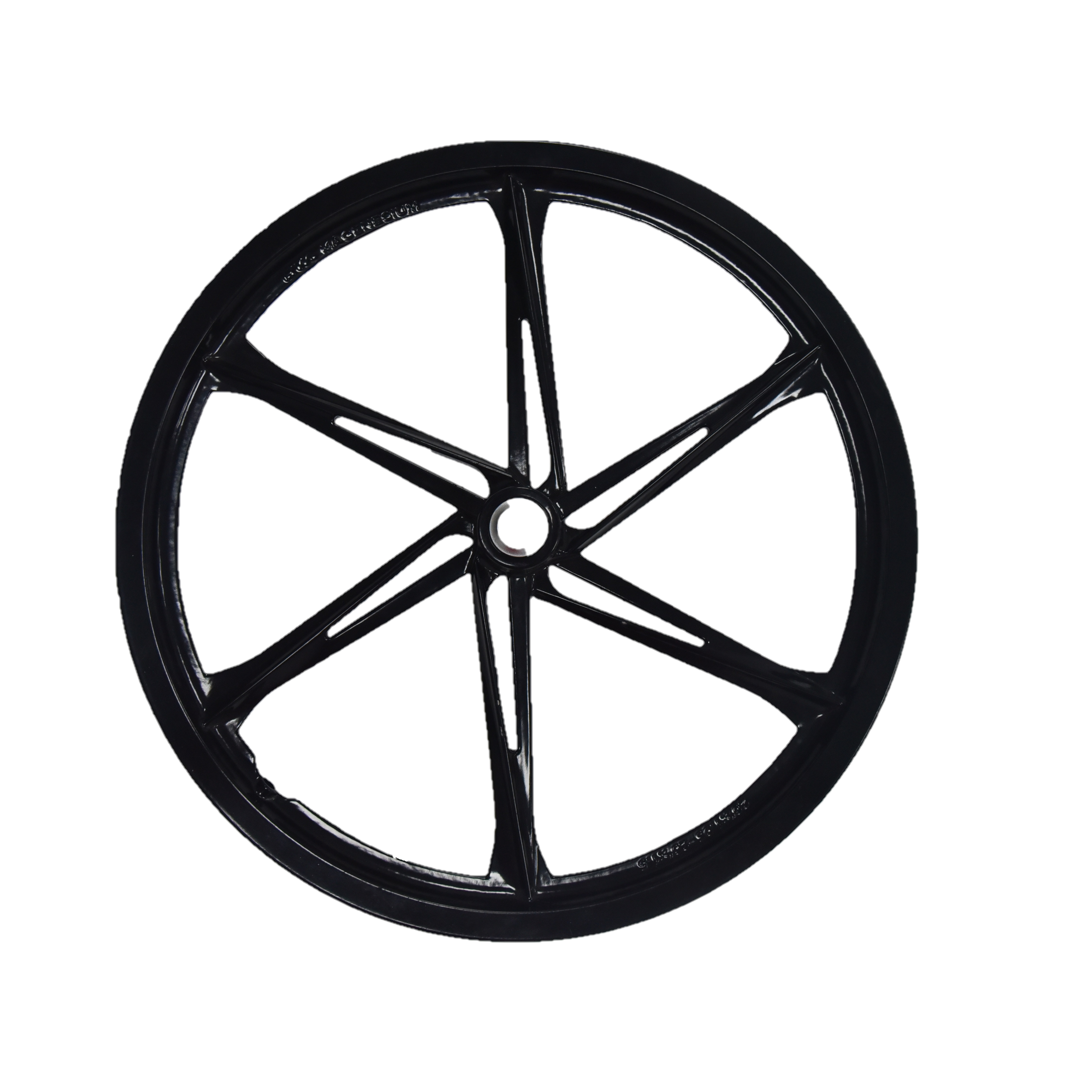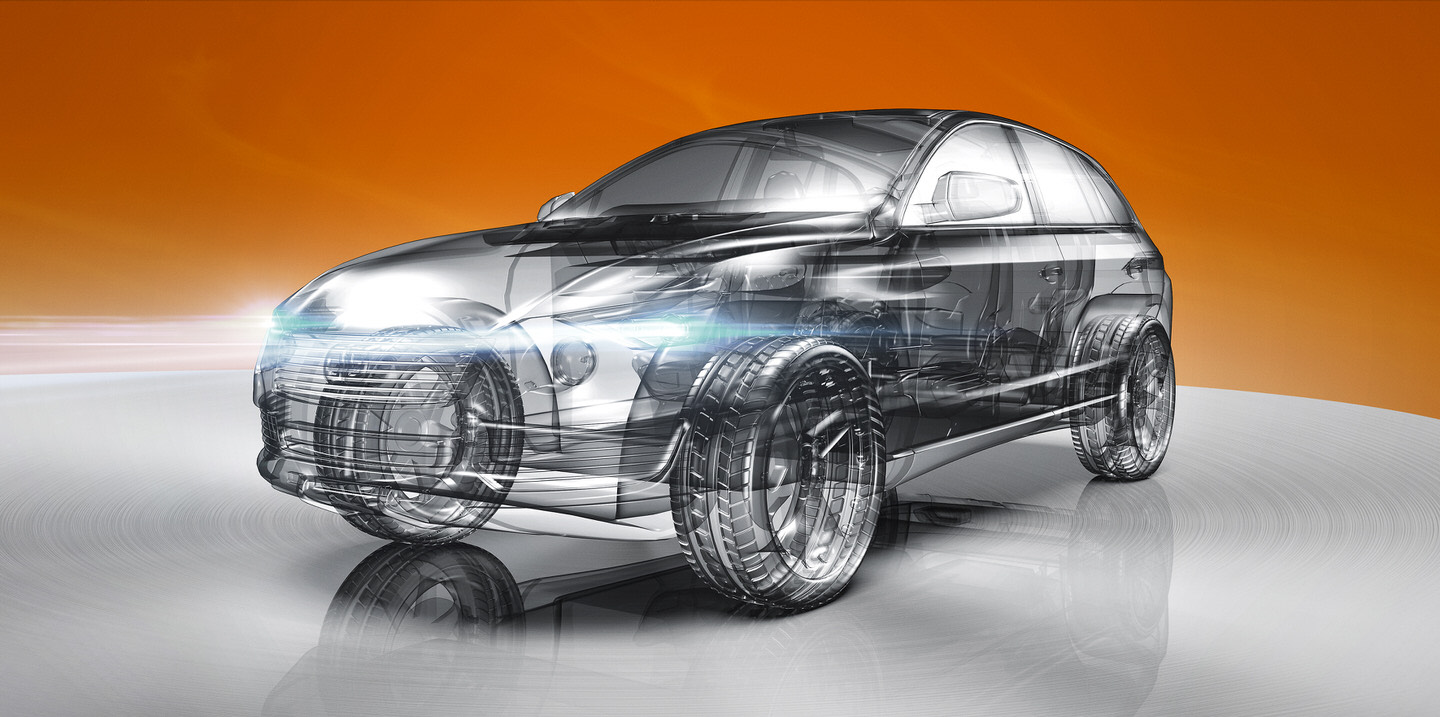When it comes to choosing cookware for your kitchen, two popular options that often come to mind are cast iron and aluminum. Both materials have their own set of advantages and disadvantages, and understanding them can help you make an informed decision. In this article, we will delve into the pros and cons of cast iron and aluminum cookware.
Cast iron cookware has been used for centuries and is known for its durability and heat retention properties. One of the major advantages of cast iron is its ability to distribute heat evenly. This means that your food will be cooked uniformly, preventing any hot spots that might result in uneven cooking. Additionally, cast iron retains heat well, so you can keep your dishes warm for a longer period of time.
Another benefit of cast iron is its versatility. It can be used on various heat sources, including stovetops, ovens, and even open flames. This makes it ideal for cooking a wide range of dishes, from stir-fries to casseroles. Furthermore, cast iron cookware is naturally non-stick when seasoned properly. The seasoning process involves coating the surface of the cookware with a thin layer of oil and heating it, creating a natural non-stick coating that improves with time.
However, there are also some downsides to using cast iron cookware. Firstly, it is quite heavy, which can make it difficult to handle, especially for individuals with limited strength or mobility. Additionally, cast iron requires special care to maintain its seasoning and prevent rusting. It should not be soaked in water or put in the dishwasher, as this can strip away the seasoning and promote rust formation. Instead, it should be hand washed and dried immediately after use.
On the other hand, aluminum cookware has gained popularity due to its lightweight nature and excellent heat conductivity. Aluminum is a great heat conductor, meaning it heats up quickly and distributes heat evenly throughout the pan. This allows for precise temperature control, making it an ideal choice for delicate dishes that require gentle cooking.
Another advantage of aluminum cookware is its affordability. Compared to cast iron, aluminum is generally more budget-friendly, making it a popular choice for those on a tight budget. Furthermore, aluminum cookware is easy to clean and maintain. It is dishwasher safe and does not require any special seasoning or care.

However, there are a few drawbacks to consider when using aluminum cookware. Firstly, it is prone to scratching and denting, which can affect its appearance and performance over time. Additionally, aluminum is a reactive metal, which means it can react with certain acidic or alkaline foods, altering the taste and appearance of the dish. To prevent this, many aluminum cookware sets are now coated with a non-stick or stainless steel layer to create a barrier between the food and the metal.
In conclusion, both cast iron and aluminum cookware have their own set of pros and cons. Cast iron offers excellent heat retention and even cooking, but it is heavy and requires special care to maintain its seasoning. On the other hand, aluminum cookware is lightweight, affordable, and easy to clean, but it can scratch easily and react with certain foods. Ultimately, the choice between cast iron and aluminum comes down to personal preference and cooking needs. Consider your priorities and cooking style to determine which material best suits your kitchen.
-

- Pevná vidlice z hořčíkové slitiny pro odlévání kovových dílů podle požadavků zákazníka
-

- Díly z tlakově litého hořčíku Kryt krytu notebooku D
-

- Ultralight suspension fork for MTB
-

- Vysoce přesný hořčíkový tixomulační kryt UAV
-

- Magnesium foundry parts Steering column
-

- Tixomolding hořčíkové díly a komponenty střední deska mobilního telefonu

 0086-750-5616188
0086-750-5616188 +86 13392089688
+86 13392089688 sales@zhongmei-tech.com
sales@zhongmei-tech.com







